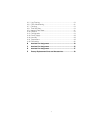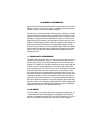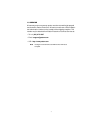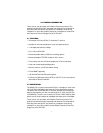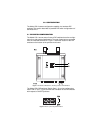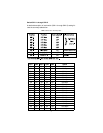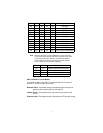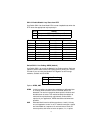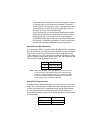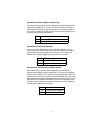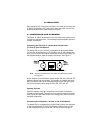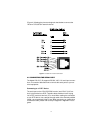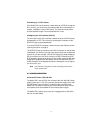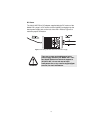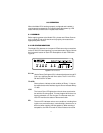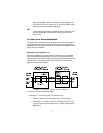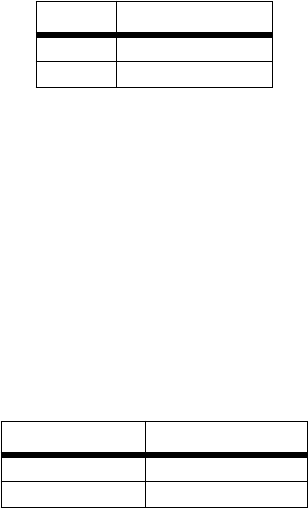
11
Every other pulse is inverted from the previous pulse in polarity,
so that the signal can be effectively transmitted. This means,
however, that a long sequence of zeros in the data stream will
cause problems, since the NTU receiving the signal relies on
the signal to recover the 2.048 Mb/s clock.
If you must use AMI, you should ensure that the data terminal
equipment connected to the unit provides a minimally accept-
able pulse density. For this reason, there are advantages to
using HDB3 instead. AMI coding does not inherently account for
ones density. To meet this requirement, the user should ensure
that the data inherently meets pulse density requirements.
Switch SW2-2: CRC-4 Multiframe
In framed mode, SW2-2 is used for CRC-4 MF. When CRC-4 is enabled,
the unit monitors the incoming data stream for CRC-4 errors. It transmits
CRC-4 error counts to the transmitting unit. When using timeslot zero
(TS0), excessive errors may cause loss of frame or loss of sync. If CRC-
4 MF is used, both units must be set for set for CRC-4 MF. Otherwise, the
one using CRC-4 MF will detect loss of sync.
Note
When the data rate is set to 2.048Mb/s, then the unit is forced
into G.703 mode, and it transmits user data on all 32 time-lots.
There is no framing information; therefore, the CRC4 MF (SW2-
2) switch is ignored. In all other rate settings, the unit employs
G.704 framing; TS0 is reserved for signaling.
Switch SW2-3 Data Inversion
Set Switch S2-3 to determine whether or not the data stream from the
local DTE is inverted within the Model 2701 before being passed to the
G.703/G.704 network. An inverted data stream may be required when
you use the Model 2701 to communicate with a G.703 device (that
inverts the data) on the remote end. In typical installations, data inversion
is not necessary.
SW2-2 Option
Off CRC-4 Disabled
On CRC-4 Enabled
SW2-3 Option
Off Data not inverted
On Data inverted



